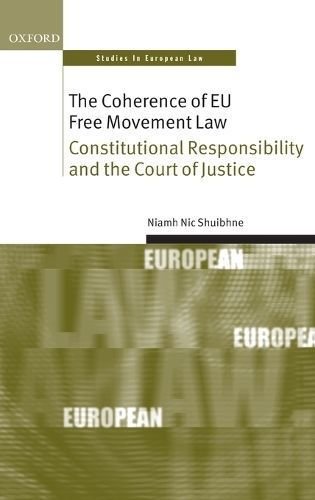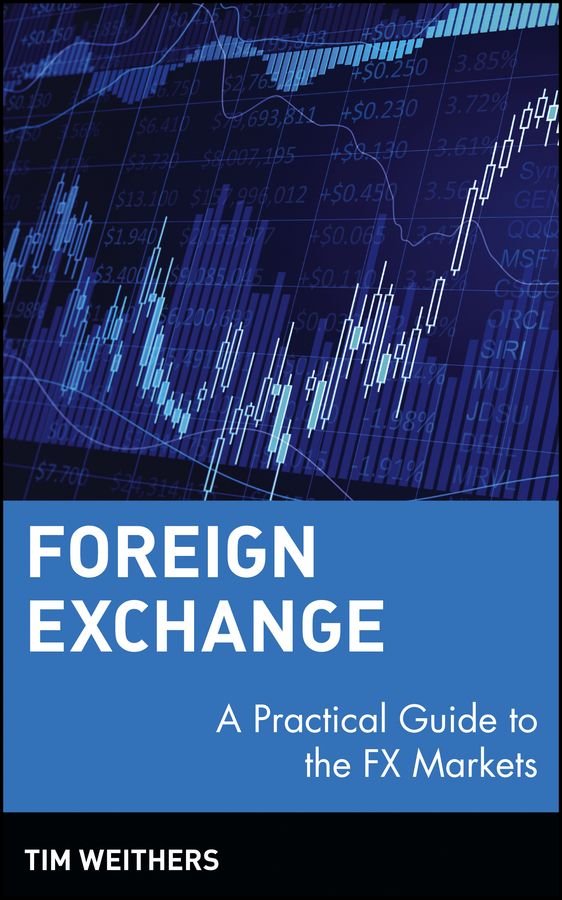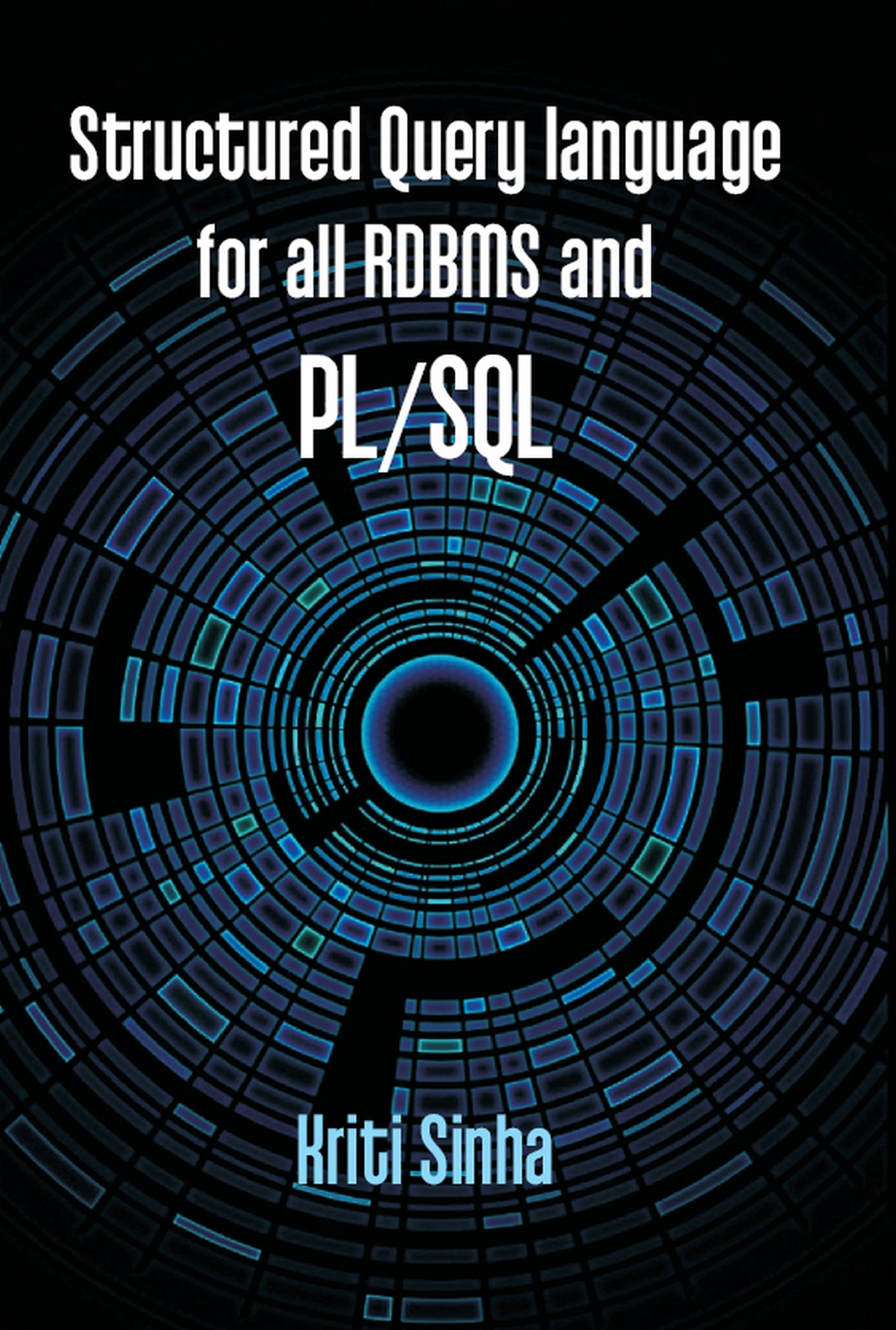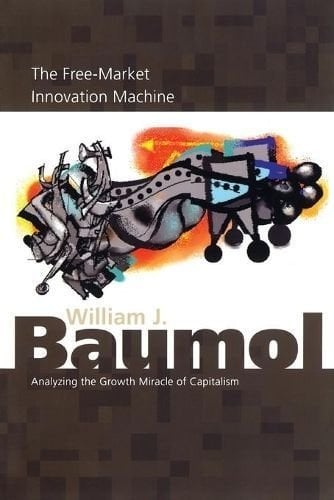At the heart of the European Union is the establishment of a European market grounded in the free movement of people, goods, services, and capital. The implementation of the free market has preoccupied European lawyers since the inception of the Union’s predecessors. Throughout the Union’s development, as obstacles to free movement have been challenged in the courts, the European Court of Justice has had to expand on the internal market provisions in the founding Treaties to create a body of law determining the scope and meaning of the EU protection of free movement. In doing so, the Court has often taken differing approaches across the different freedoms, leaving a body of law apparently lacking a coherent set of foundational principles. This book presents a critical analysis of the European Courts’ jurisprudence on free movement, examining the Court’s constitutional responsibility to articulate a coherent vision of the EU internal market. Through analysis of restrictions on free movement rights, it argues that four main drivers are distorting the system of the case law and its claims to coherence. The drivers reflect ‘good’ impulses (the protection of fundamental rights); avoidable habits (the proliferation of principles and conflicting lines of case law authority); inherent ambiguities (the unsettled purpose and objectives of the internal market); and broader systemic conditions (the structure of the Court and its decision-making processes). These dynamics cause problematic instances of case law fragmentation - which has substantive implications for citizens, businesses, and Member States participating in the internal market as well as reputational consequences for the Court of Justice and for the EU more generally. However, ultimately the Member States must take greater responsibility too: only they can ensure that the Court of Justice is properly structured and supported, enabling it to play its critical institutional part in the complex narrative of EU in …












